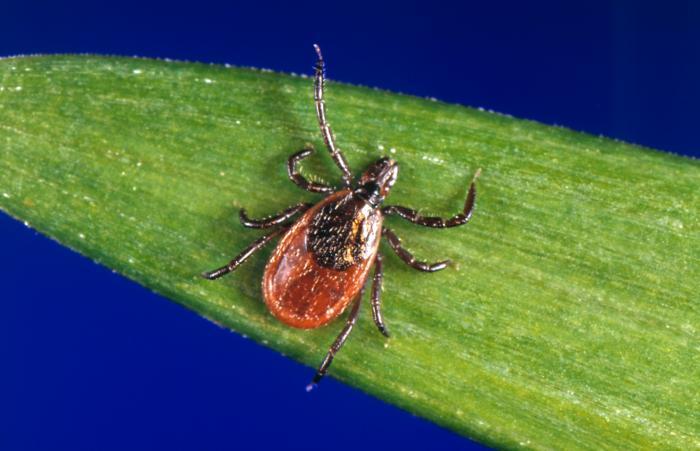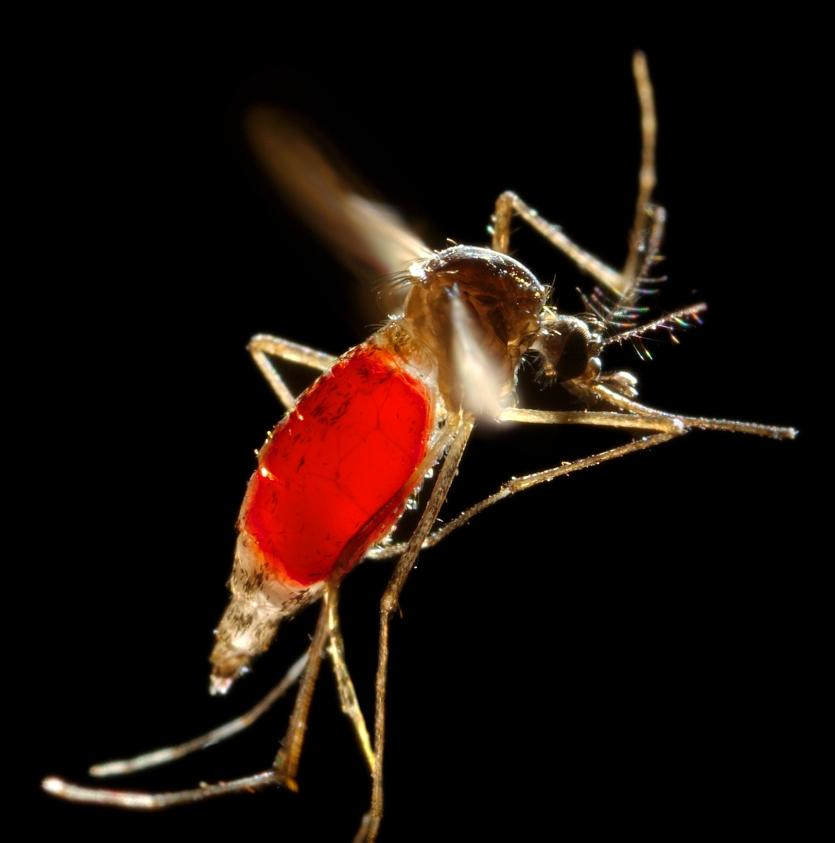
A study involving nearly 27,000 pregnancies suggests that women infected with COVID-19 before or during pregnancy are at two to three times the risk for miscarriage before 20 weeks' gestation.
The University of Texas–led analysis used electronic health records to evaluate the relationship between COVID-19 and miscarriage, ectopic pregnancy, and preterm delivery from 2019 to 2023. Ectopic pregnancy occurs when a fertilized egg implants outside of the uterus, rendering it unviable.
"In early pregnancy and the periconception period, SARS-CoV-2 infection may disrupt the complex immunology of pregnancy, which shifts between the temporary immunosuppression necessary for implantation and fetal tolerance and the proinflammatory response which helps to prevent infections in mid-pregnancy," the researchers wrote.
The findings were published late last week in BMC Medicine.
Results underscore need for vaccination
Among the 25,058 pregnancies in the Southeast Texas Pregnancy and COVID Cohort, 8.3% ended in miscarriage or abortion, 6.0% of which were further classified as miscarriages, 1.5% as ectopic pregnancies, 51.7% as live births, 0.6% as stillbirths, and 37.9% as deliveries, which can mean either a live birth or stillbirth. Seventeen women died, with five due to any cause and two due to COVID-19 complications around the time of childbirth.
These findings highlight the importance of COVID-19 vaccination and post-COVID management for pregnant people and those planning a pregnancy.
Among the 22,610 singleton pregnancies with gestational age at delivery after 20 weeks, 76.7% were classified by term, with 16.7% preterm (before 37 weeks' gestation).
The overall risk of miscarriage was 6.3%. Multivariable models tied both mild and moderate-to-severe pre-pregnancy COVID-19 to miscarriage (adjusted odds ratio [aOR], 2.48 and 2.81, respectively). It also linked mild and moderate-to-severe first-trimester infection to miscarriage (aOR, 2.31 and 2.45, respectively).
Risk factors for miscarriage were increasing age, Black or Hispanic ethnicity, and more chronic conditions.
Univariate models linked COVID-19 to miscarriage, and infections 31 to 180, 181 to 365, and more than 365 days before pregnancy had similar effect sizes as no COVID-19 before pregnancy (crude odds ratio, 2.33, 2.32, and 2.75, respectively).
"These findings highlight the importance of COVID-19 vaccination and post-COVID management for pregnant people and those planning a pregnancy," the authors wrote.
.jpg)

.jpg)














